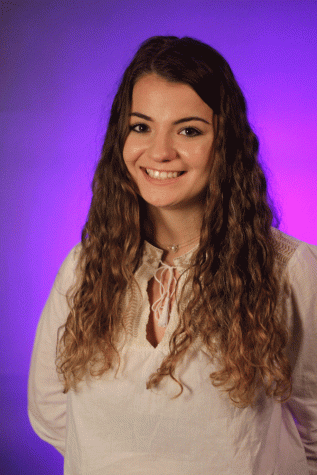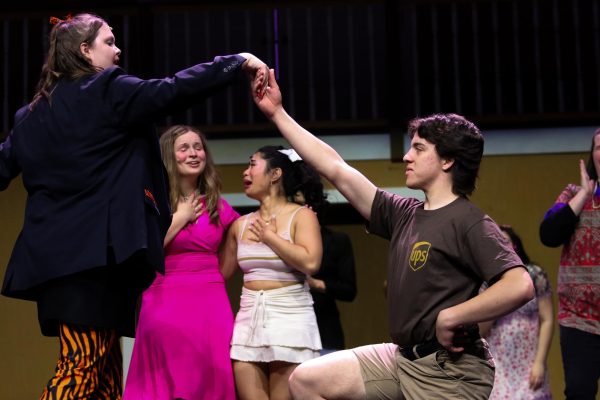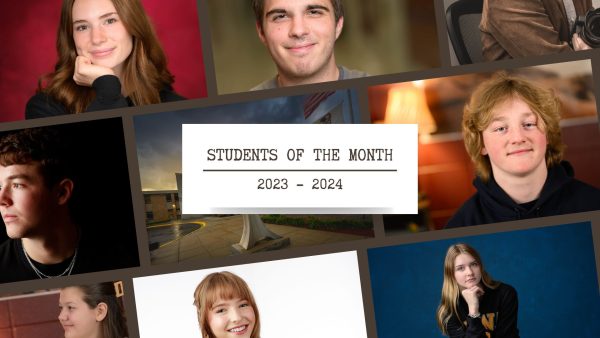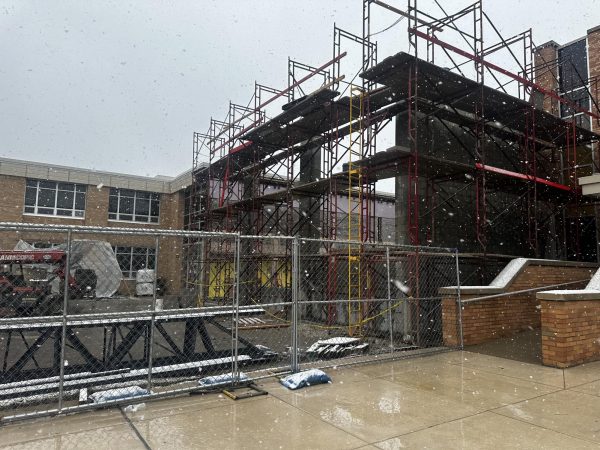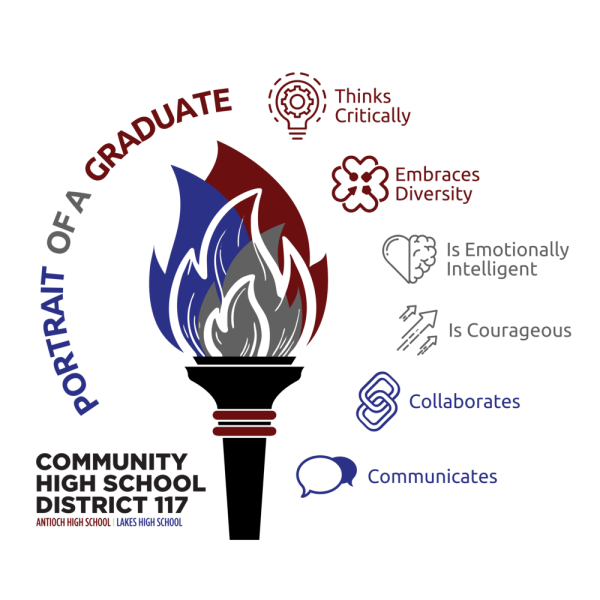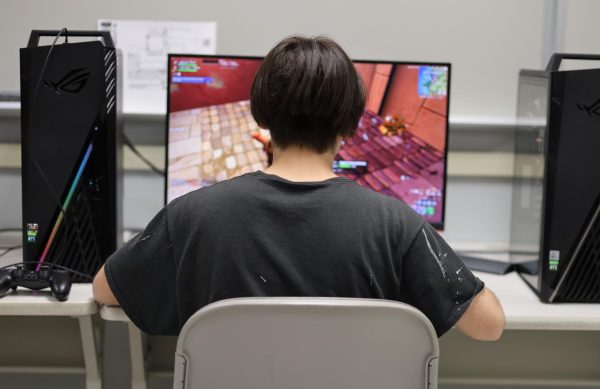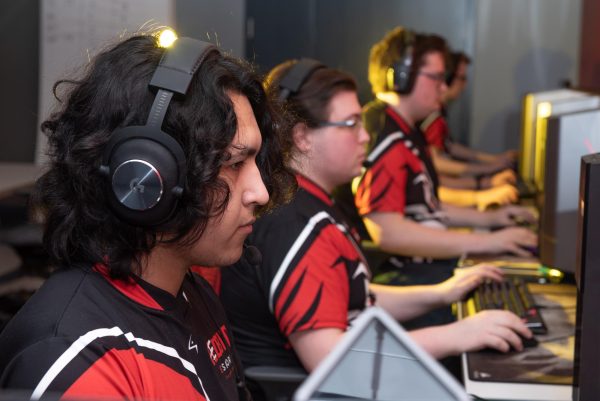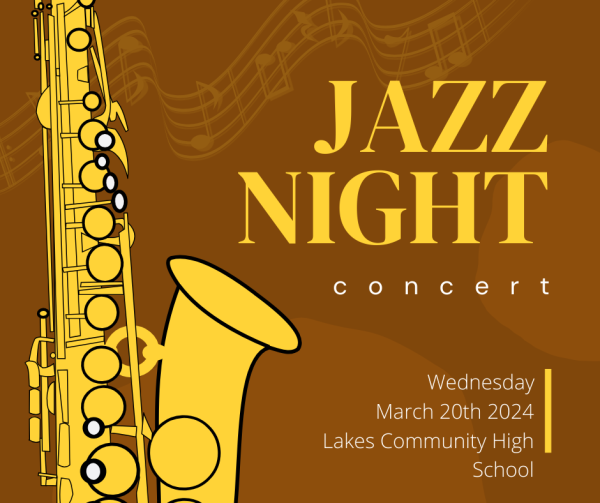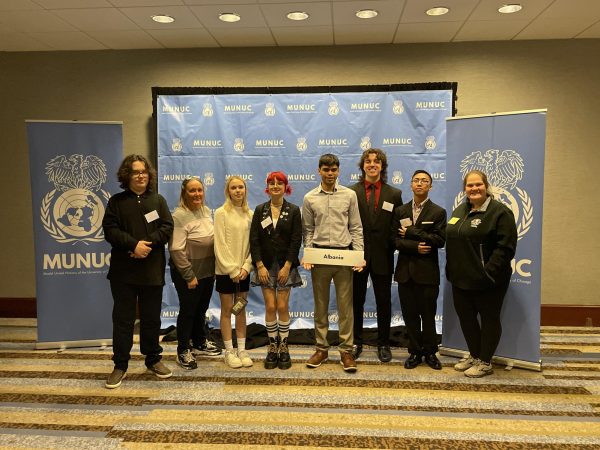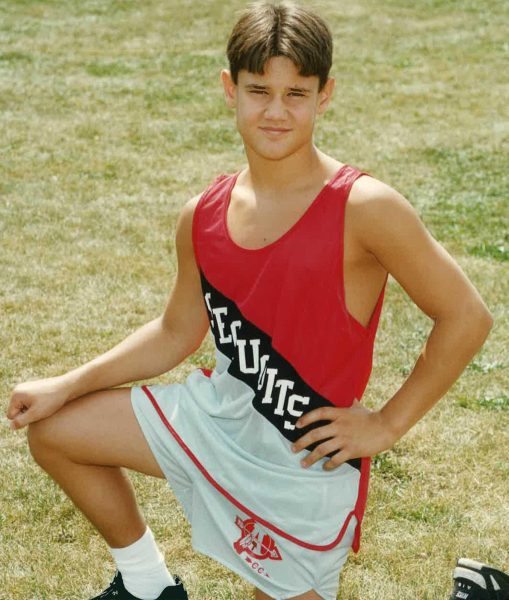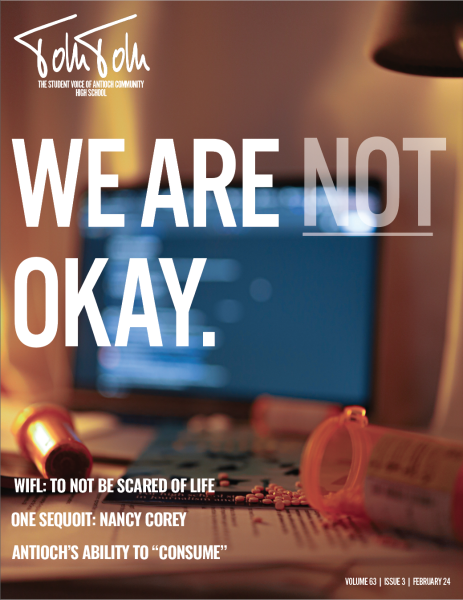AP Progress
Program focuses on interdisciplinary skills, research and advanced college preparation.
Last year, Antioch Community High School added a new AP program to the curriculum, one that other schools are slowly integrating as well. The AP Capstone program consists of two courses over the span of two years: AP Seminar and AP Research. College Board believes that this program will not only earn students a capstone diploma at graduation if they get a 3 or above on both AP tests, but it will also dramatically increase students’ prepardness and skills needed for college.
This year, the AP Seminar class is significantly smaller compared to last year’s, partly due to misconceptions. First, AP Seminar is not specifically an English elective; although it does teach writing skills, the students are free to learn and research a topic of choice that is interdisciplinary in nature. These topics range from science to humanitarian studies to criminology. Previous students claim AP Seminar is a lot of work, thus making students not want to take it; however, the truth is that most of class time is independent work time, just like the course that follows: AP Research. It is up to the students to create their own workload and schedule for homework most of the days, depending on how focused they are in class.
“What I heard is that people don’t want to focus on the workload and that it’s too much work for a high school student to go through,” senior Deighton Butenschoen said. “There is no such thing as too much work. You manage your time better. That’s just my opinion.”
Although AP Seminar is a smaller class this year, it didn’t stop the program, or the instructors, from improving. With experience comes skill, and this could be said for both AP Capstone teachers, Michael Riggs and Kelly Taylor. This is Riggs’ second year teaching AP Seminar. According to the American Federation of Teachers, their last 15 years worth of research proved the following: teacher experience holds a positive relationship with student achievement, and more experienced teachers support greater student learning for their colleagues and their school.
“Mr. Riggs, comparing him from the beginning of last year to the end of last year, really learned a lot as a teacher and grew a lot,” junior Tyler Crum, an AP Capstone student, said.
Likewise, Taylor has also been working to improve as an instructor and provide the best support for the students in the AP Research class. Along with training over the summer, she continues to council with other teachers in the same program to answer students’ questions in the best possible manner and learn more about AP Research, especially since the course is brand new around the country. Jumping into a new program is not easy, as no one else at ACHS is trained in the same area or capable of answering capstone questions. As more time passes, the AP Capstone program will keep improving the school, and students involved in it.
“I think Ms. Taylor is doing a great job with her first year of research,” Butenschoen said.
Experiencing the same field trips, pressure, challenges, inside jokes and laughs with the same group of students results in having a very tight knit class. Students that are now in AP Research have experienced a lot of the same things, creating more opportunities and experiences that they have in common. Whether those were challenges or achievements, what is known for sure is that the AP Research class is possibly one of the most compatible and cooperative class in the school. Students have to learn to work together, oftentimes with people they wouldn’t typically pick. By the end of AP Seminar, everyone worked with everyone: an opportunity to get to know individual weaknesses and strengths.
“We’ve built relationships and we’ve become like a family,” Crum said. “It’s almost making it feel, our school, our little group of people like a community, like a big family, so I feel like it’s improving our school.”
Overall, the AP Capstone program seems like it has a bright future ahead, not only for the students involved, but also for the instructors and the rest of the school. It’s a great educational and character building opportunity for students to have.
